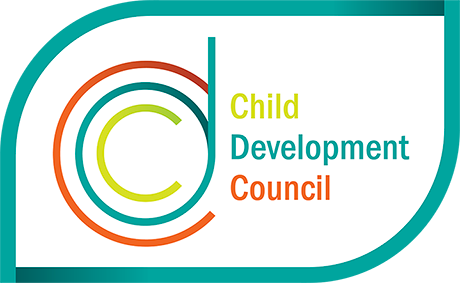Health Snapshots
Fully immunised 5 year olds
Vaccines protect children from some serious diseases. At 5 years of age, children should have received additional vaccinations against diphtheria, tetanus and whooping cough to be considered fully immunised. In 2019, almost 95% of all children aged 5 years in South Australia were fully immunised, an increase since 2012 (89%). Nationally, 97% of all children aged 5 years were fully immunised.
In 2019, the 3 regions in South Australia with the highest proportion of fully immunised 5 years olds (97%) were the Mid North, Outback and Tea Tree Gully regions.
The proportion of fully immunised Aboriginal 5 year olds is 96%, an increase since 2012 (83%).
Young people immunised against HPV
The human papillomavirus (HPV) vaccine can prevent cervical cancer as well as other cancers and HPV-related diseases.
The National Immunisation Program provides an HPV vaccination program for young people aged 12-13 years, with the aim of them being fully immunised by 15 years.
The rate of HPV vaccination is increasing in South Australia. In 2015-16, 76% of young women and 72% of young men aged 15 years were fully immunised (up from 74% of young women and 67% of young men in 2014-15).
The Adelaide – Central and Hills regions have the highest HPV fully-immunised rates for both young women (80%) and young men (76%).
Immunisation
Almost 92% of all 2 year olds in South Australia were fully immunised in 2018, a slight decrease from 93% in 2011.
In 2018, the Barossa region in country South Australia had the highest proportion of fully-immunised 2 year olds (95%) and Salisbury had the highest proportion in metropolitan Adelaide (93%).
Approximately 87% of all Aboriginal 2 year olds in South Australia were fully immunised in 2018, a slight decrease from 88% in 2011.
